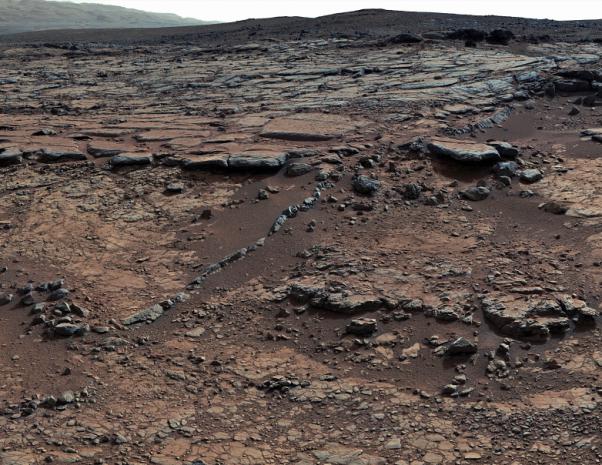
Breaking News
 China's Nightmarish New Bio Weapon Targets Race and Ethnicity
China's Nightmarish New Bio Weapon Targets Race and Ethnicity
 The Epstein Files Just EXPOSED the AI Mind Control Agenda (2026 Warning)
The Epstein Files Just EXPOSED the AI Mind Control Agenda (2026 Warning)
 Maxwell offers testimony if granted Trump clemency
Maxwell offers testimony if granted Trump clemency
 How RFK Jr's Guidelines Could Change Farming - Joel Salatin
How RFK Jr's Guidelines Could Change Farming - Joel Salatin
Top Tech News
 SpaceX Authorized to Increase High Speed Internet Download Speeds 5X Through 2026
SpaceX Authorized to Increase High Speed Internet Download Speeds 5X Through 2026
 Space AI is the Key to the Technological Singularity
Space AI is the Key to the Technological Singularity
 Velocitor X-1 eVTOL could be beating the traffic in just a year
Velocitor X-1 eVTOL could be beating the traffic in just a year
 Starlink smasher? China claims world's best high-powered microwave weapon
Starlink smasher? China claims world's best high-powered microwave weapon
 Wood scraps turn 'useless' desert sand into concrete
Wood scraps turn 'useless' desert sand into concrete
 Let's Do a Detailed Review of Zorin -- Is This Good for Ex-Windows Users?
Let's Do a Detailed Review of Zorin -- Is This Good for Ex-Windows Users?
 The World's First Sodium-Ion Battery EV Is A Winter Range Monster
The World's First Sodium-Ion Battery EV Is A Winter Range Monster
 China's CATL 5C Battery Breakthrough will Make Most Combustion Engine Vehicles OBSOLETE
China's CATL 5C Battery Breakthrough will Make Most Combustion Engine Vehicles OBSOLETE
 Study Shows Vaporizing E-Waste Makes it Easy to Recover Precious Metals at 13-Times Lower Costs
Study Shows Vaporizing E-Waste Makes it Easy to Recover Precious Metals at 13-Times Lower Costs
Sex on Mars is going to be risky, but it could create a new human subspecies

Getting there will be an immense challenge, as will setting up structures, creating sustainable sources of food, and battling the inhospitable elements, but sex might be the biggest risk of all.
In a new research paper published in Futures, an international team of scientists examines the challenges of reproduction on the Martian surface. It's a risky proposition, but if humans succeed in conceiving, carrying, and birthing offspring on another world it might actually be the start of a new species.
In the paper, the researchers tackle a huge number of potential problems that could crop up when humans are finally ready to rear young on Mars. The first and most obvious hurdle is the low gravity environment, which could pose a serious threat to the conception and pregnancy processes that seem so simple here on Earth.
With just one-third the gravity of Earth, Mars travelers will be subjected to a whole range of health problems. Scientists know this because astronauts who have spent months and in some cases years in space have been closely studied for changes to their biology. Lower gravity causes muscles to deteriorate rapidly and can even weaken bone structure. On top of that, astronauts sometimes experience vision problems and even changes to the shape of their brains.

 Smart dust technology...
Smart dust technology...

